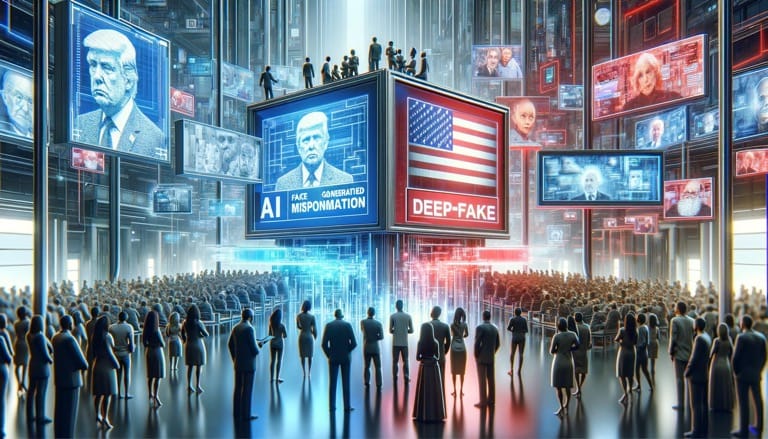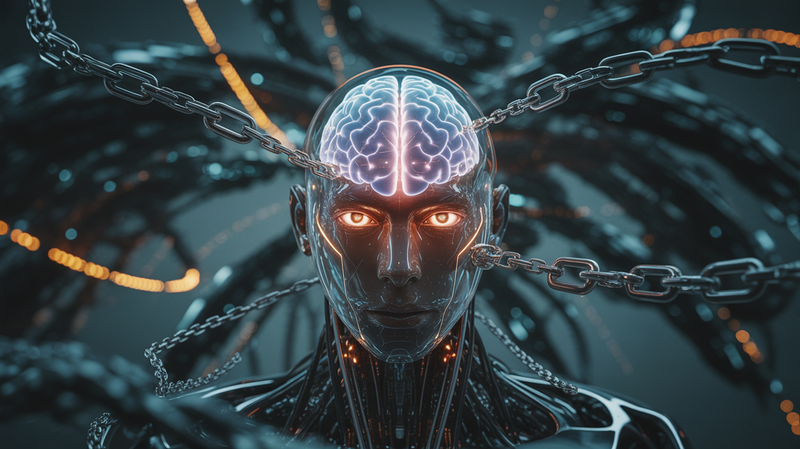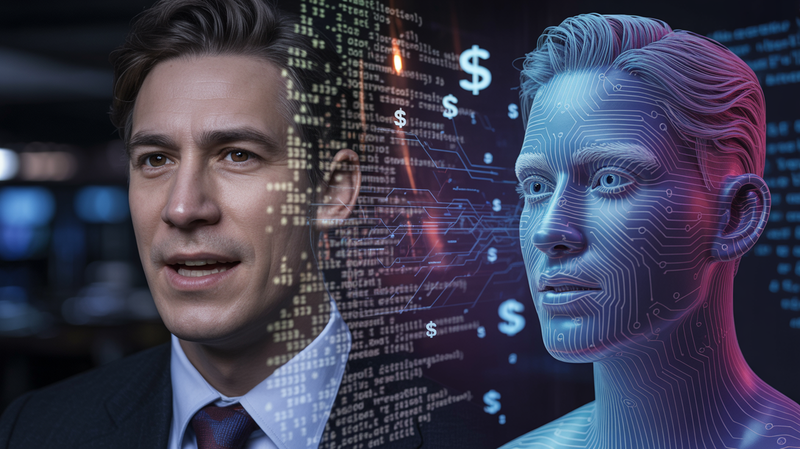The Invisible Hand of AI: Navigating the New Era of Political Misinformation
In an era where artificial intelligence (AI) blurs the lines between reality and fabrication, the political landscape is undergoing a seismic shift. As AI technologies like GPT-2 and GPT-3 emerge as powerful tools in generating convincing misinformation, we stand at a crossroads that challenges our ability to discern truth from

In an era where artificial intelligence (AI) blurs the lines between reality and fabrication, the political landscape is undergoing a seismic shift. As AI technologies like GPT-2 and GPT-3 emerge as powerful tools in generating convincing misinformation, we stand at a crossroads that challenges our ability to discern truth from deception in political discourse. This article explores the profound impact of AI-generated misinformation on politics and elections, shedding light on the invisible yet potent influence of technology in shaping public opinion.
The Emergence of AI in Creating Misinformation
Recent advancements in AI have opened the floodgates to a new wave of misinformation, capable of crafting narratives indistinguishable from reality. AI-generated content, boasting high levels of believability and authenticity, has demonstrated its capability to influence public perception and even market dynamics. From fabricated news stories to misleading headlines, the power of AI to manipulate information represents a significant challenge to the integrity of public discourse.
Public Susceptibility to AI-Generated Content
Studies reveal a concerning trend: a large portion of the public is susceptible to AI-generated misinformation. This vulnerability underscores the need for heightened awareness and critical thinking in the digital age. The persuasive nature of AI-crafted content, coupled with the inability of many to distinguish it from human-generated information, poses a profound threat to informed decision-making, especially in the context of political campaigns and elections.
AI in Political Campaigns and Elections
The use of AI in political campaigns has become increasingly prevalent, with candidates leveraging AI-generated images and narratives to bolster their political agendas. This trend raises significant ethical and democratic considerations. The ability to seamlessly blend factual and fabricated content blurs the line between legitimate political discourse and manipulative propaganda, calling into question the fairness and transparency of electoral processes.
Deepfakes and the Manipulation of Public Opinion
Deepfakes, AI-generated videos that convincingly depict individuals saying or doing things they never did, have emerged as a potent tool for manipulating public opinion. Research and real-world examples demonstrate the impact of deepfakes on shaping voters' attitudes and beliefs, often targeting religious or cultural sensitivities. This manipulation of digital identity and speech represents a new frontier in the battle against misinformation, with profound implications for democracy and public trust.
The Future Landscape of AI in Politics
As we look to the future, the role of AI in politics is poised to grow, bringing with it both opportunities and challenges. The democratization of AI in creating disinformation has lowered barriers to entry, enabling widespread manipulation of public opinion. Governments and regulatory bodies face the daunting task of balancing the innovative potential of AI with the need to safeguard democratic values and processes. The call for regulations or even bans on AI usage in political campaigns highlights the urgency of addressing these challenges.
Conclusion
The invisible hand of AI in political misinformation represents a paradigm shift in how we perceive and engage with information. Navigating this new era requires a collective effort to foster digital literacy, critical thinking, and ethical AI development. As AI continues to shape our political landscape, our response to its challenges will determine the future of democracy and the integrity of our public discourse.




